Offshore workers strike ballot to go ahead
- Published
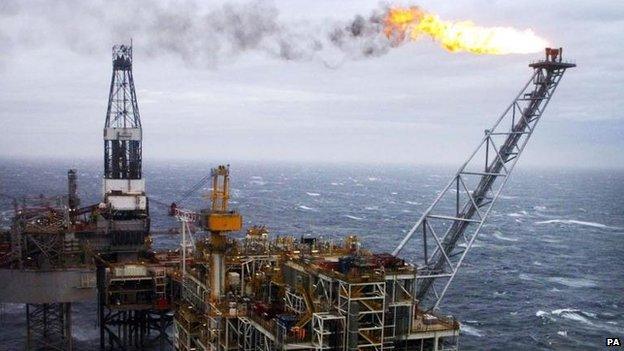
Offshore workers are to go ahead with a strike ballot over changes to working conditions.
The GMB and Unite unions said progress had been made in talks but not enough to resolve the dispute.
The Offshore Contractors Association said it was "extremely disappointed" that the ballot was to go ahead.
It said industrial action would only make the North Sea "less attractive and jeopardise the long-term future of the industry."
David Hulse, GMB national officer, said: "We did make some progress today but sadly not enough to enable us to go back to members with proposals to resolve this dispute.
"We will now have to proceed with organising an official ballot for industrial action as the members asked us to do in a consultative ballot earlier this year."
'Extremely disappointed'
He added: "We will concentrate now on making the necessary arrangements to enable us to go ahead with EBRS for independent ballot for action.
"We remain available for talks should the employers want to pull back from going ahead with the unilateral changes to working practices that has provoked this dispute."
Bill Murray, chief executive of the Offshore Contractors' Association, said: "We are extremely disappointed by today's decision by trade union officials to go to an industrial ballot.
"The industry as a whole recognises the need to make efficiencies and increase productivity in order to extend the life of the UK North Sea and maintain jobs in the sector. The offer we put on the table today - worth between an extra £1,600 and £8,000 per annum per individual - can only be paid for through productivity increases.
"In its World Economic Outlook the International Monetary Fund highlighted that the UK has the highest operating costs of any oil producing country in the world. Even as the barrel price recovers there are other parts of the world that will be better placed to take advantage of this if we don't manage our costs."
Rota patterns
He added: "Changes to equal time shift rotation are designed to reduce handovers and logistics costs and are not new to the North Sea. Any productivity changes required will be subject to change management and risk assessment and the unions have been offered the opportunity to participate in this.
"With inflation at an all-time low today's offer outweighs wage increases in other sectors. Strike action will only serve to make investment in the North Sea less attractive and jeopardise the long-term future of the industry."
On Wednesday BBC Scotland revealed that oil giant BP was moving its offshore staff to a three weeks on and three weeks off rota pattern from January.
The company said the move was for the "long-term sustainability of the business".
The current rota is two weeks on and three weeks off.
The offshore rota pattern has been the subject of speculation since the industry began experiencing difficulties due to the oil price downturn.
Unions have raised safety concerns about workers being offshore for longer spells.
- Published7 May 2015
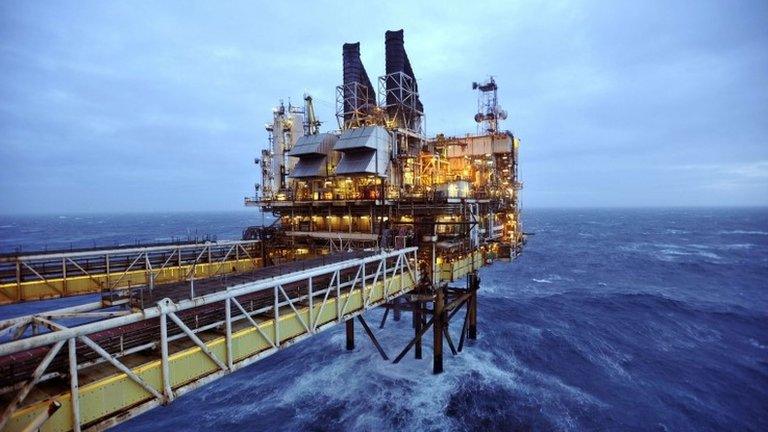
- Published6 May 2015

- Published26 February 2015
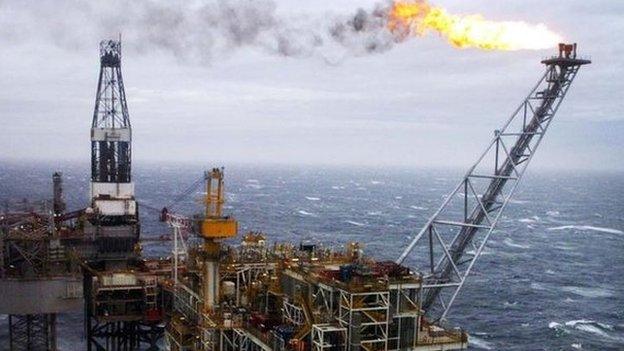
- Published25 February 2015
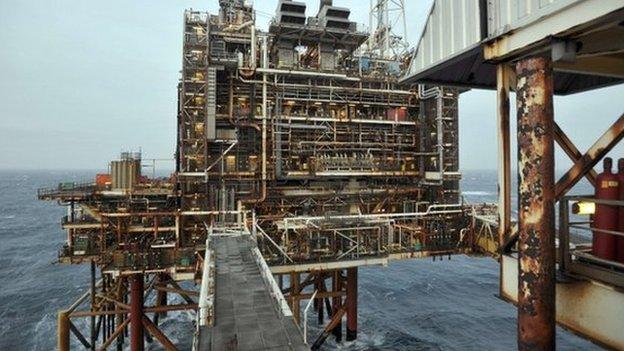
- Published24 February 2015
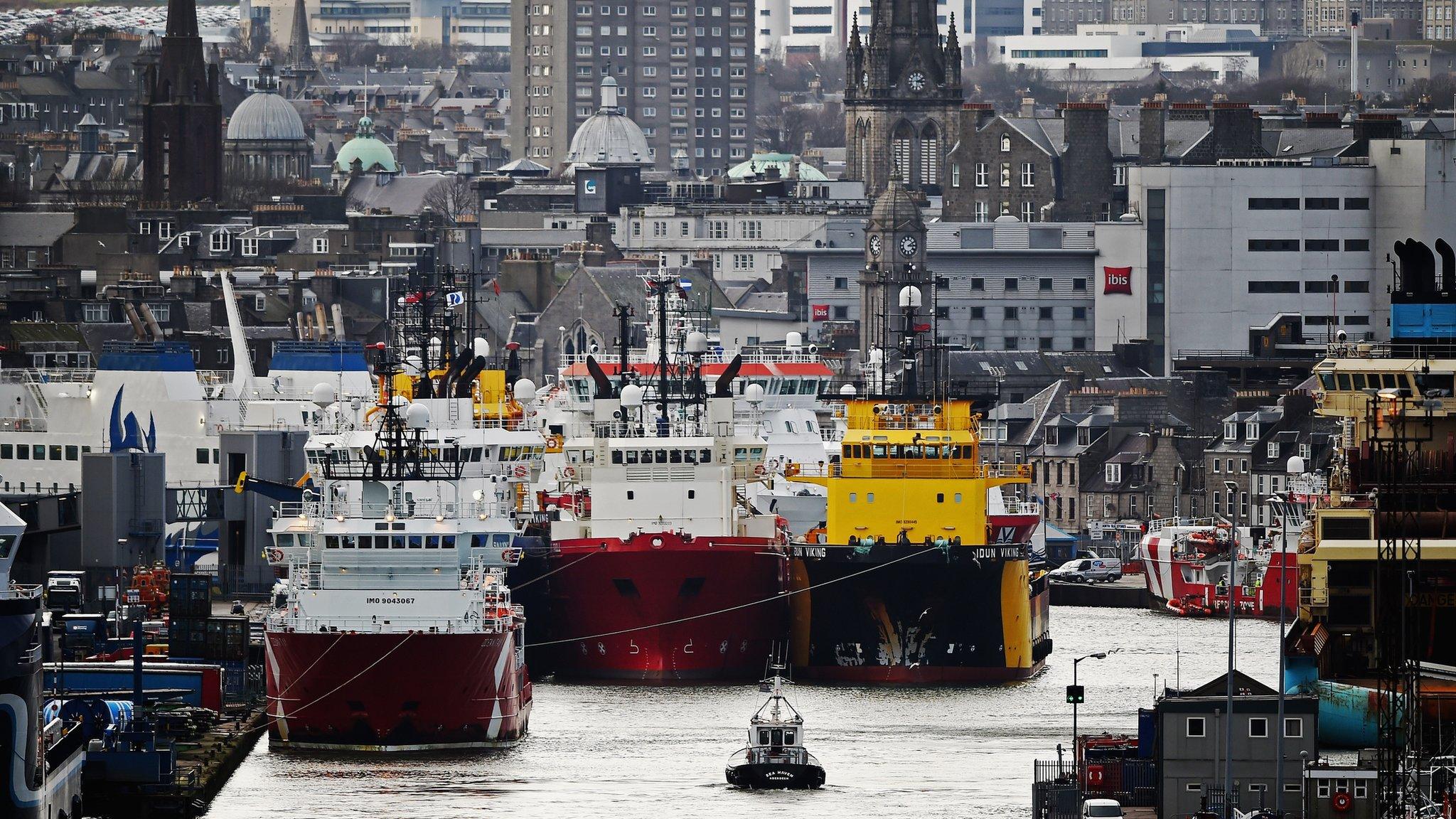
- Published16 February 2015

- Published14 February 2015

- Published1 February 2015
